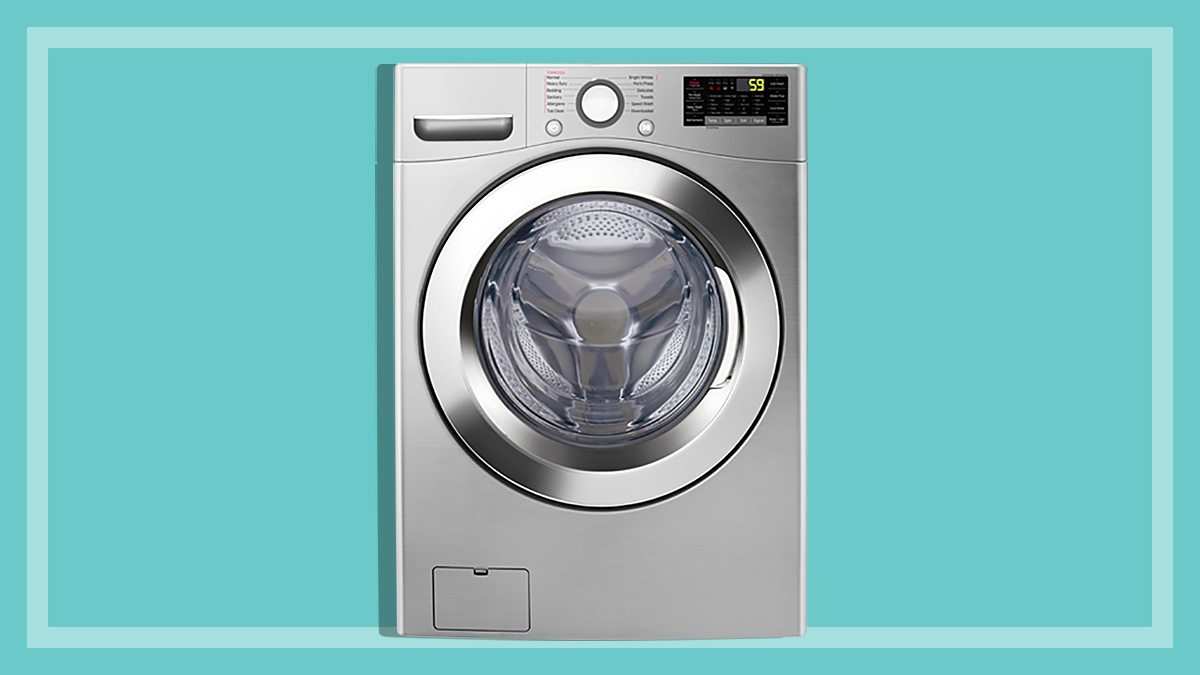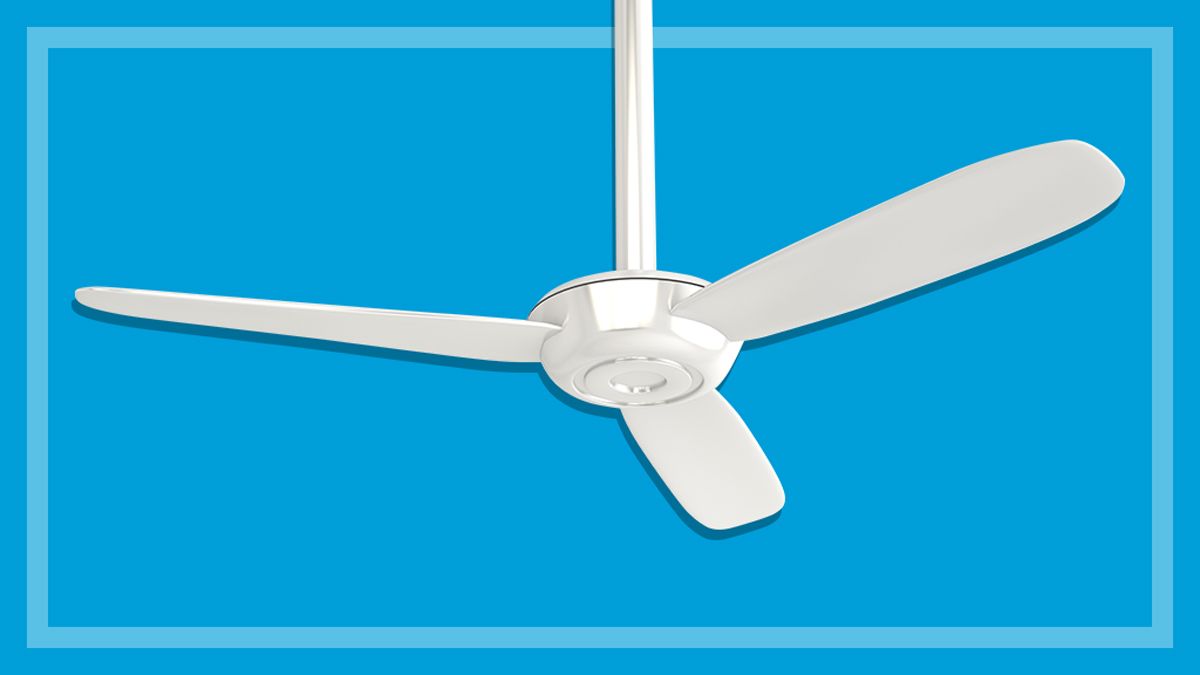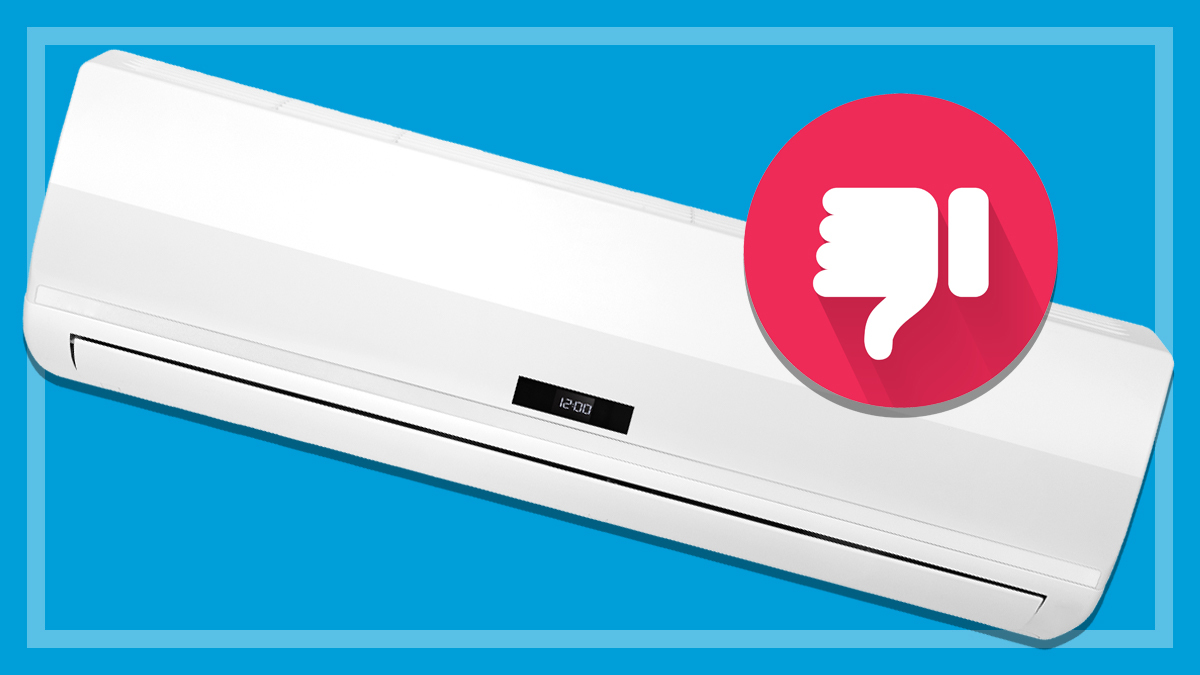Get our independent lab tests, expert reviews and honest advice.
How long are washing machine cycle times?

If you’ve just bought a new front loading washing machine or you’ve seen our washing machine reviews, you’ll have noticed those cycle times creeping up. We’ve noticed it too – cycle times are definitely getting longer.
On this page:
- How long does a front loader washing machine take to wash?
- How long does a top loader washing machine take to wash?
- How long does a fast or quick wash program take?
- Why are washing machine cycles so long?
- How to save time in the laundry
- How 'delay start' can save you money
- How do star ratings affect washing machine cycle times?
- How long do washing machines last?
While it can be frustrating, it’s actually a good thing for the planet, and for your hip pocket, but it may mean you need to change your washing habits to accommodate the longer cycle time.
We explain some common washing machine cycles and why they take as long as they do, and offer some tips for cutting down your time spent in the laundry.
How long does a front loader washing machine take to wash?
- Average cycle time 10 years ago: 99 minutes
- Average cycle time today: 143 minutes
- Maximum cycle time recorded our tests: 278 minutes
- Minimum cycle time recorded in our tests: 58 minutes
Cycle times for front loaders are getting longer as water efficiency improves. One machine we tested even took a whopping 4 hours 38 minutes to complete a cycle!
In fairness, your patience is rewarded with great wash performance and it does have a quick wash option (albeit suitable only for a small, 2kg load). But its running costs are also quite high, and according to the registration data, a full capacity load (our test load is only 3.5kg) takes a glacial 6 hours and 50 minutes.
This raises another important point – the cycle times we report in our washing machine tests are for a 3.5kg capacity load. While this is what most people wash in one go at home, if you fill your washing machine to capacity, this cycle time may double or even triple.
How long does a top loader washing machine take to wash?
- Average cycle time 10 years ago: 55 minutes
- Average cycle time today: 58 minutes
- Maximum cycle time recorded in our tests: 91 minutes
- Minimum cycle time recorded in our tests: 41 minutes
Top loader washing machines use a lot more water than front loaders, because they need enough water for your clothes to float freely. And this means that they don’t take nearly as long to wash as front loaders, although we find they tend not to wash quite as well, and are harsher on your clothes.
Interestingly, the average cycle time on a top loader hasn’t changed much over the years – 55 minutes 10 years ago, compared to 58 minutes today.
So with a full cycle taking under an hour, a top loader may be the sensible choice if you need to wash multiple loads in a day. But keep in mind that these numbers are based on our 3.5kg test load, not the full capacity of the machine.
How long does a fast or quick wash program take?
If you’re frustrated with waiting for the washing, then help is at hand, as many modern washing machines offer a fast or quick wash program.
Some fast wash programs take less than 15 minutes from go to whoa, so they’re great if you’re in a hurry. But it’s important to note these programs are only suitable for very small loads – a couple of kilograms, or just a handful of items at most, and only if they’re lightly soiled.
Fast wash programs are only suitable for very small loads
Spill some juice on a business shirt and the fast program is for you, but don’t expect it to get the grease out of a week’s worth of mechanic’s overalls – you’ll need a more intensive program for that (and probably a pre-soaker).
Why are washing machine cycles so long?
If you’ve ever found yourself frustrated at waiting hours for your clothes to finish washing, you’ve probably wondered why washing machines take so long these days. Put simply, it’s down to water efficiency – modern machines, particularly front loaders, are very water efficient.
That’s a good thing for the environment (and your wallet) because it saves on energy, which is used to heat the wash water, as well as water itself.
Front loaders are very water-efficient, but the trade-off is that with less water, it takes longer to wash your clothes
But the trade-off is that with less water, it takes longer to wash your clothes. That’s also why top loaders have shorter cycle times than front loaders – they use more water.
If cycle time isn’t an issue for you or you like to wash in off-peak times, the increasingly lengthy programs shouldn’t be too much of a concern. But if you’re one of those people who like to do things in one sitting, it might be worth looking at a top loader, or biting the bullet and changing up your laundry habits.
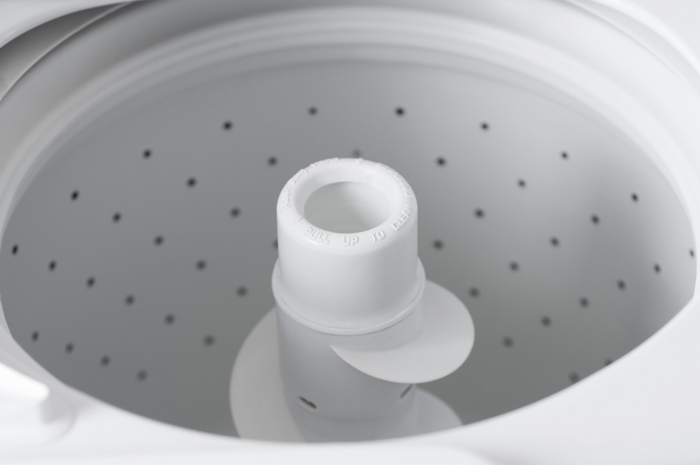
Best of both worlds: The ‘everyday’ cycle
The less water and energy a washing machine uses to wash a full capacity load, the higher energy and water star ratings it will receive, making it more attractive to shoppers. So, the ultra-long but ultra-efficient cottons cycles are likely here to stay – if only for the sake of a higher star rating.
Thankfully though, manufacturers are listening to consumers’ litany of laundry lamentations and including shorter alternatives to marathon cottons cycles.
‘Everyday’ programs promise to perform similarly to the cottons program, but with a far shorter cycle time
Unlike other programs designed for specific clothing types, these ‘everyday’ programs promise to perform similarly to the cottons program, but with a far shorter cycle time.
But do those claims stack up?
We test washing machines using the cottons program because our survey data shows that it’s what most people use. But the increasing emergence of an ‘everyday’ program on water-efficient front loaders piqued our interest, so we decided to put them to the test.
Cottons vs everyday vs quick programs
We chose a front loader and compared its cottons program with its everyday, quick and delicates programs for cycle times and a handful of performance measures. Bear in mind that when we test washing machines for our reviews we always do at least two runs of the test cycle. For this mini experiment we only did one run.
The everyday program scored almost as well overall as the cottons program, but was significantly faster. So, based on our test conditions, the everyday cycle is likely to be quite a good option.
If you don’t have time for a longer cycle, you may find that you’re just as happy with the results from a shorter wash
As you’d expect, the quick program was fast, but at the expense of wash performance – this program is best used for washing only a couple of kilos of not-very-dirty clothes.
While these results are not representative of other machines, we encourage you to experiment with your own washing machine.
If you don’t have time for a longer cycle, you may find that you’re just as happy with the results from a shorter wash. But remember, some shorter cycles – delicates programs in particular – will probably use more water than other cycles.
How to save time in the laundry
Whether you’ve got a high-speed top loader or a slow and steady front loader, if you’re anything like us you’d rather spend as little time as possible doing the laundry. Here’s how to power through doing the washing in record time.
- Treat stains early – getting in straight away with a pre-treater or laundry soaker before stains dry and set gives you the best chance of shifting them with a single wash cycle, so you don’t need to re-wash clothes several times to get them clean.
- Use the shortest cycle that will do the job – if you’ve only got a few T-shirts to wash, then an intensive full-length program will be overkill – a shorter, more suitable program will save you time, as well as energy and therefore running costs. Check your manual for suitable programs.
- Use the highest spin speed available – this won’t speed up the washing process, but your clothes will dry faster as they’ll contain less residual moisture – this also saves you money if you’re using a dryer (though it can flatten the pile of your towels a little more).
- Use the timer – by setting the timer the night before, you can schedule your washing to finish just before you get up in the morning so it’s ready to hang out straight away, irrespective of how long the wash cycle takes.
- Wash full loads – it stands to reason that a very full washing machine will take longer to wash than a half empty one, but it won’t be twice as long. So see if you can get all your washing done in one go, because one full load will be quicker than two half loads – it’ll save you money too, both on running costs and detergent.
- Download a faster program – some washing machines now offer Wi-Fi connectivity, and with that the ability to download new wash programs or update existing ones. Check what’s available online because there could be a program that meets your needs and takes less time than your default options.
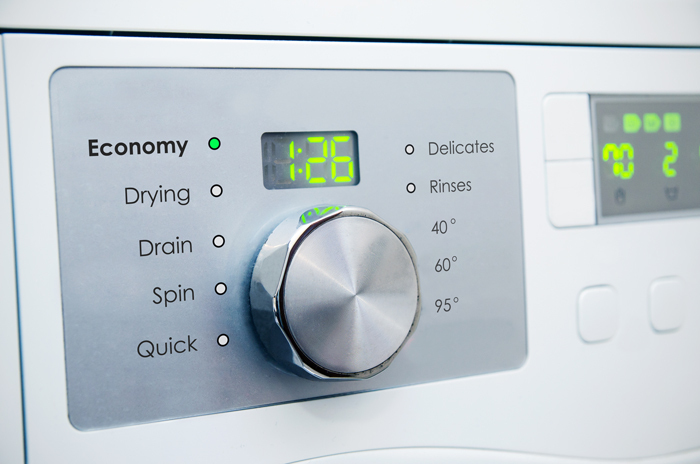
How ‘delay start’ can save you money
Delay start is a handy option that makes doing the washing more convenient – by setting it to finish just before you get up, you can take maximum advantage of the sun’s drying rays, and get the laundry out before you have to leave for work.
Use your timer to run your washing machine when your energy costs are at their lowest
But it can also save you money. If you have time-of-use electricity prices, or can run your washing machine on an off-peak circuit, then you can use your timer to run your washing machine when your energy costs are at their lowest – typically in the middle of the night when most of us are asleep.
Conversely, if you have solar power, then you can set your washing machine to run in the middle of the day when the output from your panels is highest and your electricity is free, even if you’re at work.
How do star ratings affect washing machine cycle times?
We love the energy and water star rating systems – they’re great tools for helping consumers compare the efficiency of different appliances at a glance, which is a powerful incentive for manufacturers to improve the efficiency of the appliances they make.
Manufacturers want the best star ratings possible because it drives sales, but the star rating system may actually be contributing to the increase in cycle times.
That’s because when calculating star ratings, under the Australian standard, a washing machine must be able to achieve minimum thresholds for dirt removal, rinse performance, spin performance and gentleness – however, there is no requirement for cycle time.
Manufacturers don’t necessarily want an appliance that performs really well because with better performance comes higher energy and water consumption – and a worse star rating
To get the best star rating, manufacturers don’t necessarily want an appliance that performs really well, because with better performance comes higher energy and water consumption – and a worse star rating. Instead, they want an appliance that performs just well enough.
What’s worse, manufacturers may take a washing machine that just meets this minimum standard and attempt to improve its star rating by further reducing the amount of water used. And because there are no rules around cycle times, they will extend the length of the wash program to compensate.
How manufacturers are responding to the challenge
Many manufacturers are listening to consumers’ frustrations and making concerted efforts to keep the most-used program times as short as possible, while still offering intensive wash options for those who want it.
On the other hand, some manufacturers are still increasing the most-used program lengths, but are offering fast wash options instead. These cut laundry time dramatically, but they’re generally not recommended for full loads.
With the increase in washing machine capacity, we also suspect some manufacturers will increase the program time to deal with the strain of a full load.
How long do washing machines last?
If you’re frustrated with how long your washer takes to wash, you might be secretly hoping it’ll hurry up and break so you can justify buying a different one.
So how long will you have to wait?
That’s difficult to answer because every machine is different, but based on over 3595 responses to our 2021 product reliability survey, Australians generally expect:
- a budget washing machine to last at least five years
- a mid-range model to last for eight years
- a high-end washer to last for 11 years, factoring in some minor maintenance and repairs.
An equally important question (provided you’re not too dissatisfied with your washing machine) is at what point does it make more financial sense to replace a broken one than to repair it?
You need to weigh up the extra cost of replacement against the longevity and performance of a new machine, and the risk of something else breaking on your old one vs the environmental impact of building a new appliance and disposing of an old one.
At what point does it make more financial sense to replace a broken washer than to repair it?
From data from our sister publication Consumer NZ, it becomes more cost effective to replace a broken top loader when it’s between seven and seven and a half years old, and a broken front loader when it’s between seven and eight and a half years old.
While this isn’t a hard and fast rule (it’ll depend on what exactly has gone wrong with your washing machine and the machine itself), it’s a good starting point.

